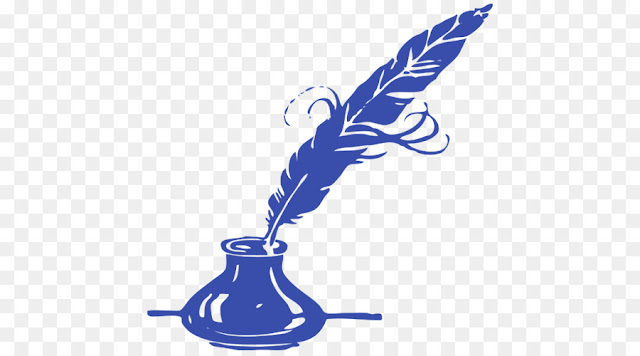SALIENT FEATURES OF CLASSICAL CRITICISM
1) A work of literature is imitative. For Plato, it is imitation of imitation. For Aristotle, it is creative process, though an imitation. For Longinus, it is sum total of compositional skills - intuitive talent and acquired technical excellence.
2) A work of literature affects the reader. For Plato, it is corrupting and immoral. For Aristotle, it is the highest form of enjoyment leading to the highest order of truth and knowledge. For Longinus, it is like a thunderbolt, a stroke that transports human soul.
3) From the philosophical, educational and moral point of view, Plato dismisses literature from his ideal state Republic as it, unlike Philosophy, neither springs from, nor leads to, wisdom. Aristotle describes that the role of literature is solely to delight, and not just to instruct, so the judgment must b based on the artistic truth rather than it's utility. He formulates the structure of this creative process which ll entail the production of pity and fear and ll result later in the purgation of those emotions. Longinus deals with the power of literature to elevate the readers - the success or failure in the achievement of this effect ll distinguish 'good' literature from 'bad' one. Plato was idealistic, Aristotle was Pragmatic and Longinus was Romantic...>


Comments
Post a Comment